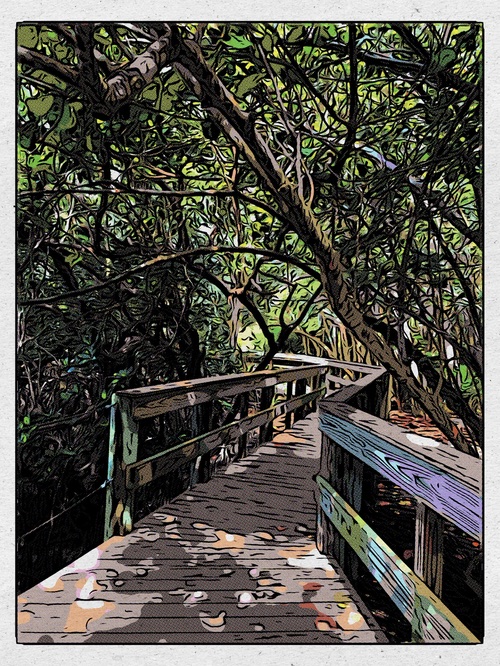For a while, the Movers Mindset podcast’s episodes had opening segments recorded in post-production. They were as you’d expect: Here’s who’s on the show, this is who they are, here are a few things we talk about. This (as you surely know) is a bit of work. In later years—particularly once I was working entirely alone—I simply stopped doing this because, taking the time to do it, stopped me from actually getting the episodes out the door.
LISTENERS CAN’T “SEE” (OR HEAR) WHAT’S AHEAD. When you read a story in a newspaper, your peripheral vision gives you an idea of the stories that surround it. […] On the radio, someone needs to tell you explicitly what’s coming up.
~ Jonathan Kern, from Sound Reporting, p6
NPR has a concept called “billboards” which are short segments, up-front (“58 seconds long, at the top of the hour”) telling you what’s coming.
How do you (if you do) decide what you put on your “billboard” at the front of the show? Do you have goals; list three things, list something for every major turn in the conversation, etc.? Do you use any tools to help you?
ɕ
